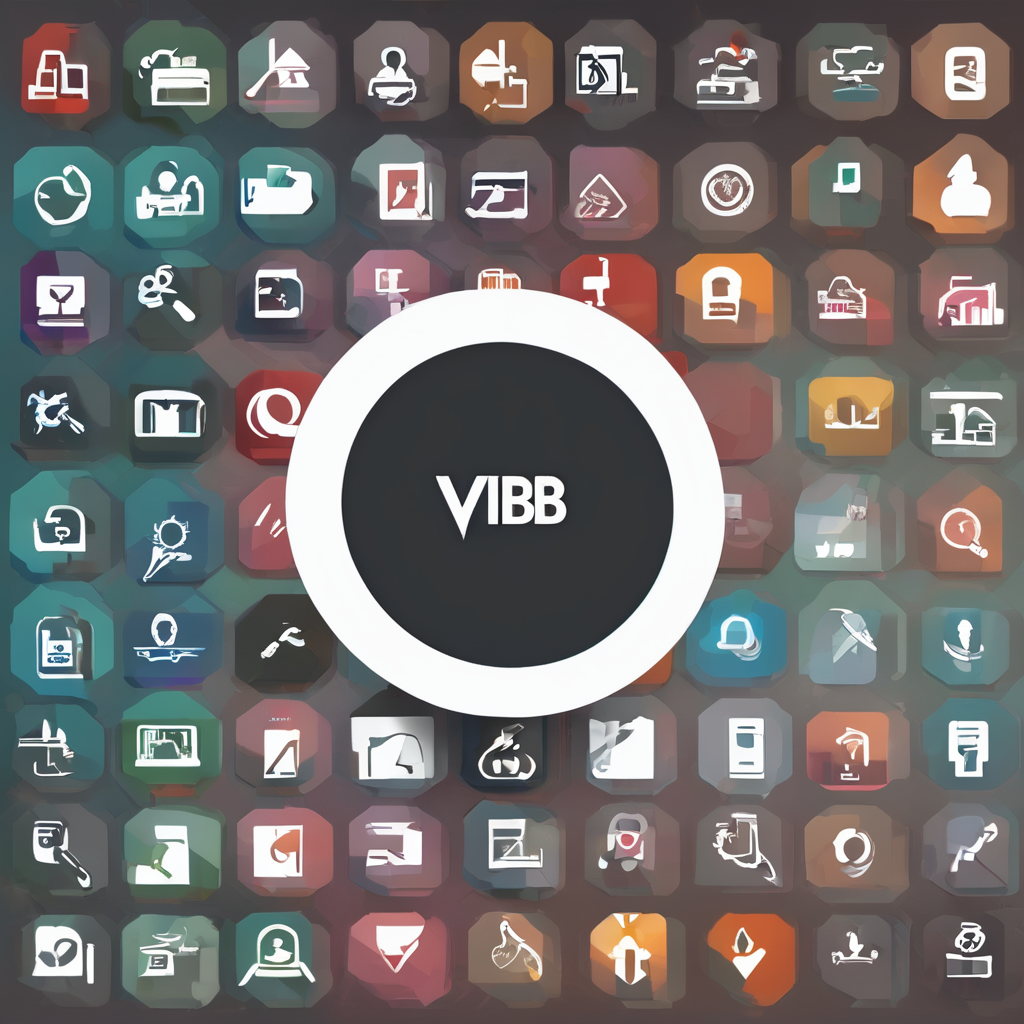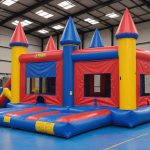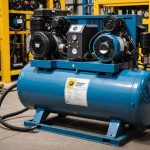Workplace personality tests reveal how team members naturally interact, communicate, and solve problems. Using tools like DISC helps identify strengths, improve collaboration, and reduce conflicts by tailoring approaches to individual work styles. Understanding these dynamics boosts productivity and creates a more harmonious environment, transforming teams into well-oiled units aligned for success.
Overview of Workplace Personality Tests and Their Relevance
Workplace Personality Assessments serve as vital tools to evaluate individual behaviors, temperaments, values, and motivations in professional settings. They enable HR professionals, managers, and employees to understand personality influences that shape work interactions.
Have you seen this : Discover inspiring leadership speakers for every event
These assessments provide key benefits such as improving team dynamics, streamlining recruitment, and enhancing communication. For example, the DISC personality test classifies behaviors into Drive, Influence, Support, and Clarity types. Understanding these helps foster better collaboration and reduce conflicts.
According to user insights, tools like the C-me Workplace Personality Assessment focus on behavior rather than traits, making it ideal for creating harmonious work environments. The ability to identify personality patterns supports workplace harmony, increases retention, and aids in targeted development.
Also to see : Transforming Guest Experiences: The Role of IoT in Elevating UK Hotels
For organizations, using valid and reliable assessments like Workplace Personality Assessments ensures not only efficient hiring but also ongoing team development. Further details can be found on the assessment’s official page for comprehensive insights.
Types of Personality Tests Used in Workplace Settings
DISC personality test is a mainstay of workplace personality assessments, classifying behaviors into Drive, Influence, Support, and Clarity. This employee personality evaluation emphasizes observable workplace behavior, aiding managers in team personality profiling and improving communication styles. By leveraging DISC, organizations gain nuanced insights into how personality types in corporate settings influence teamwork and performance.
Myers-Briggs Type Indicator (MBTI) remains one of the best personality tests for employees. It helps organizations understand how individual preferences impact decision-making and collaboration. MBTI’s sixteen personality categories give structure to workplace personality testing methods for workplaces, guiding conflict prevention and employee development through a deeper understanding of work styles.
The 4-color personality model—endorsed by many for workplace behavior analysis—uses easy-to-understand color associations for assessing motivation, communication, and teamwork compatibility. This model, frequently applied in team personality profiling, simplifies interpreting personality test results for managers and customizing training based on personality profiles.
Options for personality testing include free employee personality quizzes and robust paid solutions. Providers often offer scalable workplace personality testing software and practical tools for using personality tests to improve teamwork, contributing positive outcomes in hiring, role fit assessment, and overall workplace satisfaction. Matching assessment choice to workplace needs ensures ethical, accurate, and productive analysis.
Benefits of Implementing Personality Tests in Organizations
Workplace personality assessments deliver targeted insights that fuel organizational growth. A core advantage is their ability to enhance team communication and collaboration. By analyzing workplace communication styles through a structured employee personality evaluation, organizations can clarify how information is exchanged and reduce misunderstanding.
Conflict prevention using personality profiling is another significant gain. These assessments reveal the workplace behavior analysis behind tension points and offer personality-based conflict management strategies. This deepens mutual respect, assisting managers in mediating disputes and building trust.
Identifying leadership traits through personality tests streamlines succession planning and employee development. By evaluating common workplace personality types, managers can match high-potential employees to future roles, maximizing the impact of leadership development programs. These insights also guide customizing training based on personality profiles, ensuring that learning resonates with different team personality profiling results and learning preferences.
Promoting diversity through personality understanding addresses unconscious bias. When managers interpret color-coded personality results or review data from a four-color personality model for work, they become better equipped to foster inclusive environments. This enhances psychological safety by acknowledging varied perspectives, leading to a measurable impact of personality on employee engagement and retention.
Practical Application and Interpretation of Test Results
When interpreting personality test results for managers, start by identifying each employee’s dominant workplace personality type—such as those outlined in the four-color personality model for work. The DISC test, for instance, reveals combinations of Drive, Influence, Support, and Clarity types, essential for effective workplace behavior analysis. Hybrid personality patterns often emerge, and understanding these helps managers recognize strengths and anticipate possible team friction.
To administer workplace personality assessments, select a reliable workplace personality testing software and ensure all employees understand the purpose—this boosts employee self-awareness with personality testing. Results from workplace personality inventory analysis must be communicated sensitively, focusing on development rather than labelling.
Workplace communication styles and team personality profiling gain clarity with color-coded or data-driven frameworks. Managers can use workplace personality assessments to assign roles that align with natural tendencies, improving communication and reducing misunderstanding. During team workshops, discuss both pure and hybrid profiles to promote psychological safety and foster collaborative approaches to conflict prevention using personality profiling insights.
Managers who leverage these workplace personality assessments not only gain insight into employees’ performance motivators but can also customize leadership development and training programs. Real-life experiences show improved workplace morale and increased productivity when personality-based hiring strategies and conflict mediation practices are employed following comprehensive workplace behavior analysis.
Ethical, Privacy, and Reliability Considerations in Workplace Testing
Personality test reliability in organizations is essential to ensure that results accurately reflect workplace behavior and inform effective decisions. Organizations must utilize personality testing methods for workplaces that demonstrate consistent accuracy and validity, supported by robust research. Once the right tools are chosen, regular workplace personality inventory analysis helps verify that employee personality evaluation aligns with specific work contexts, minimizing bias in workforce planning based on personality insights.
Privacy concerns in workplace personality testing require transparent communication about data handling. Employers must implement data security measures for workplace personality assessments, informing employees how their information is stored and used. Secure platforms for workplace personality testing software, such as those employed by leading free workplace personality assessment tools, further protect user data and reinforce trust.
Legal and ethical considerations of workplace testing go hand in hand with reliability. To avoid legal pitfalls, organizations must document informed consent and clarify the use of workplace personality tests for employees. Integrating personality data into HR systems should always comply with regulations, promoting a culture of psychological safety and personality testing where employees feel respected.
Gaining employee buy-in is crucial. Address resistance by explaining the benefits of workplace personality tests and encouraging employee self-awareness with personality testing. Open dialogue underscores a commitment to both ethical practices and organizational effectiveness.










